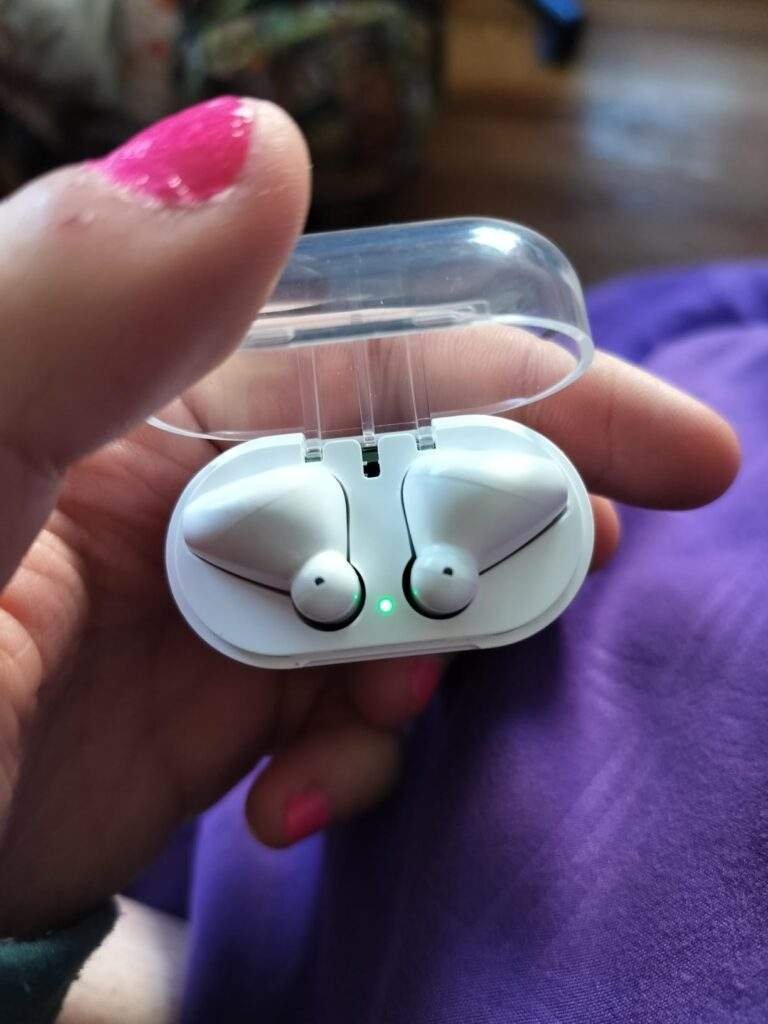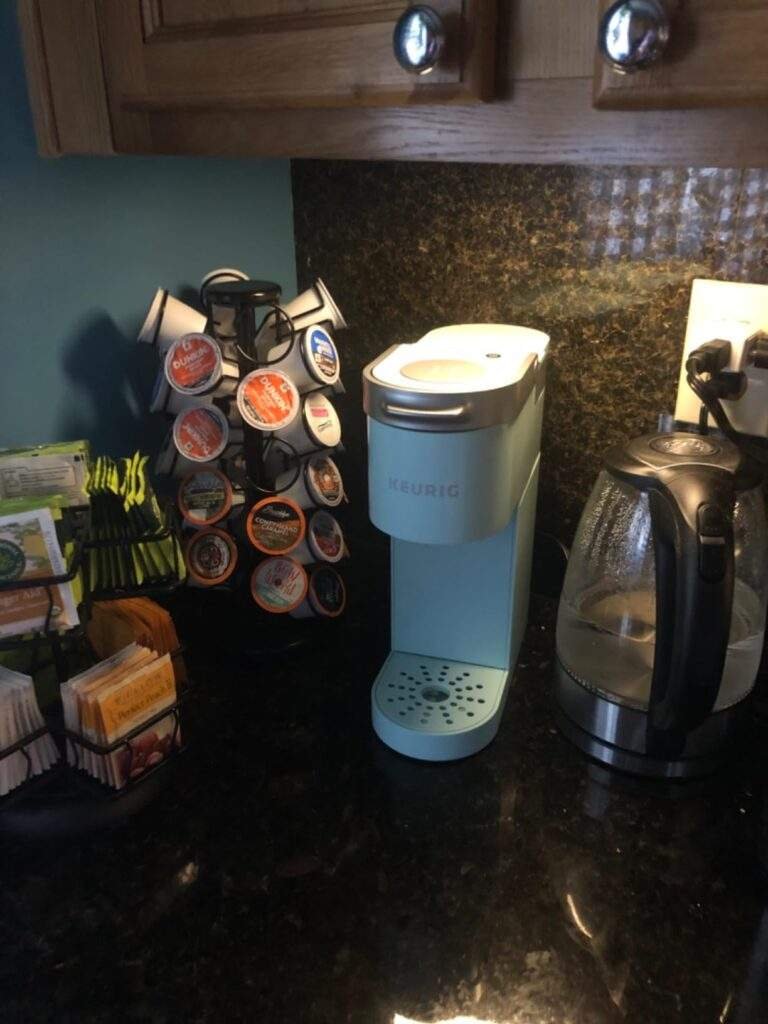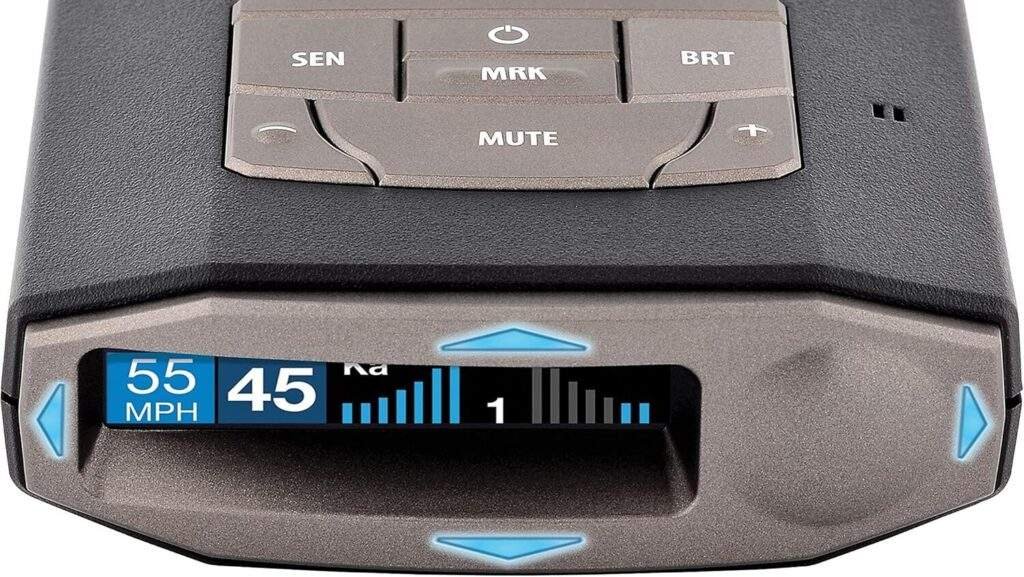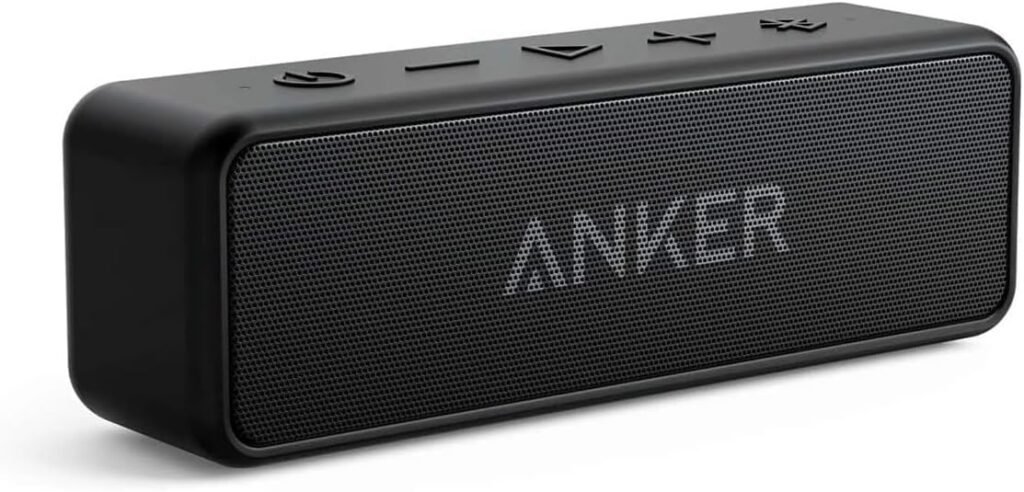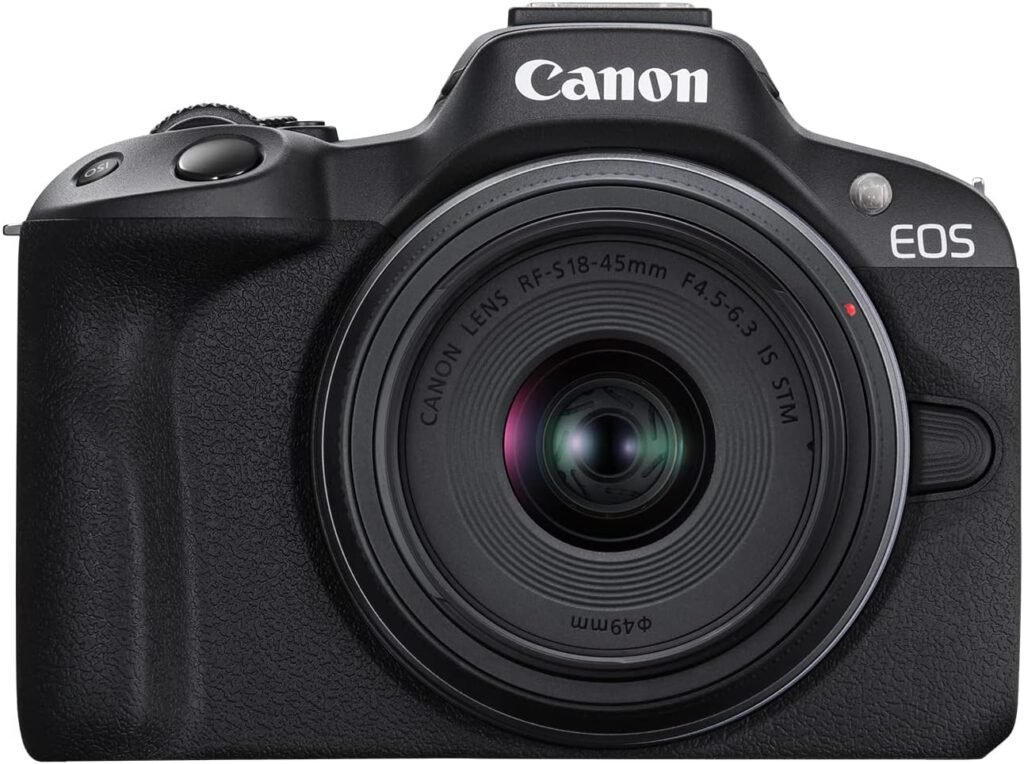How to Identify Fake Amazon Reviews
Table of Contents
The online shopping giant Amazon is a treasure trove of products, where millions of customers share their thoughts and experiences in the form of product reviews. However, not all reviews are genuine. Some are artificially created to inflate the perceived value of products, misleading potential buyers. Understanding how to discern real reviews from fake ones is crucial for making informed purchasing decisions. In this article, we’ll guide you through the telltale signs of fake reviews on Amazon and how to avoid falling victim to them.
The Significance of Genuine Reviews
Genuine product reviews on Amazon can be incredibly valuable. They provide insight into the quality, functionality, and overall satisfaction of a product from the consumer’s perspective. Real customer feedback can influence purchasing decisions and help you find those hidden Amazon finds that are truly worth your money.
However, when amazon reviews don’t match the product or are fabricated, they tarnish the trustworthiness of the review system. Spotting these fakes is an essential skill for any savvy online shopper.

Common Traits of Fake Reviews
Overly Positive Language
One of the first red flags is a review that is excessively positive without any critique or mention of potential downsides. While it’s possible for a product to be well-received, it’s rare for it to be flawless. Be wary of reviews that read like an advertisement rather than an unbiased customer opinion.
Vague Details and Descriptions
Fake reviews often lack specificity about the product’s features or personal experiences with the product. If a review is generic and could apply to any product, it might not be genuine.
Repetitive Phrasing Across Multiple Reviews
When many reviews share similar phrases or sentences, it’s possible that they’ve been generated by the same source. Look for patterns in language and repeated talking points that might indicate a coordinated effort to sway public opinion.
Unverified Purchase Badge
Amazon marks reviews from customers who have actually purchased the item with a “Verified Purchase” badge. While not all genuine reviews come from verified purchases, an abundance of unverified reviews could signal a problem, especially if they share similar characteristics.
Timing of Reviews
Pay attention to the timing of reviews. A surge of positive reviews within a short timeframe may suggest a coordinated effort to boost the product’s rating. This is particularly suspicious if the product is new or previously had few reviews.
Investigative Tools and Techniques
Fortunately, there are tools available to help you analyze and filter reviews. Websites and browser extensions like Fakespot and ReviewMeta can assess the authenticity of Amazon reviews by examining patterns and anomalies in the data.
These tools use algorithms to detect suspicious activity and provide you with an adjusted rating that may be more reflective of the product’s genuine customer feedback.
Reading Beyond the Star Rating
Don’t just rely on the overall star rating. Take the time to read individual reviews, especially those with three stars, as they tend to be more balanced and honest about the product’s pros and cons.
Checking Reviewer Profiles
Another helpful tip is to check the reviewer’s profile. Look for patterns such as a history of only leaving positive reviews or reviewing a wide array of unrelated products in a short period. This could indicate a professional reviewer who is compensated for leaving positive feedback.
Amazon’s Efforts to Combat Fake Reviews
Amazon is aware of the fake review problem and has taken steps to combat it. The company invests in machine learning and employs dedicated teams to identify and take action against fake review practices. They have also instituted legal action against entities known to produce fraudulent reviews.
Despite these efforts, fake reviews persist, so it remains crucial for consumers to stay vigilant.
The Role of Report Buttons
When you come across a review that seems suspicious, you can take action by using Amazon’s report button. This tool allows customers to flag reviews for further investigation, helping to maintain the integrity of the review system.
Real-World Examples of Fake Reviews
Case Studies
Consider the case of a popular electronic gadget that suddenly received thousands of five-star reviews overnight. Upon closer inspection, many of these reviews were unverified, used similar language, and were posted within a two-day span. This is a classic example of fake reviews attempting to manipulate customer perception.
In another instance, a kitchen appliance had numerous five-star reviews, but customers noted in the comments that the glowing reviews were for unrelated products like health supplements or toys. This mismatch is a clear indication of review manipulation.
You May Also Like: Product Reviews And Buying Advice
Navigating Reviews for Better Amazon Finds
Harnessing the Power of Questions and Answers
Don’t overlook the Questions and Answers section on Amazon product pages. This feature allows potential buyers to ask current owners about specific aspects of the product. The responses can provide additional context that may not be covered in reviews.
Leveraging Lists and Recommendations
Amazon’s own curated lists, like Amazon’s Choice and Best Sellers, can be useful starting points for finding quality products. These lists are generated based on sales data and customer feedback, though they are not immune to the influence of fake reviews.

Best Amazon Products You Might Not Heard Of!

Conclusion: Trusting Your Judgment
While there are many strategies and tools to help identify fake reviews, trusting your own judgment is paramount. If a deal seems too good to be true or a product has an unusually high number of positive reviews, approach with skepticism. Cross-reference information, use the available resources, and listen to your intuition.
By being aware of the signs of fake reviews and knowing how to use investigative tools, you can navigate Amazon with confidence, making informed decisions that lead to genuine Amazon finds. Trusting your judgment and being a discerning shopper will not only save you from disappointment but also help maintain the integrity of the review system for everyone.
In a marketplace as vast as Amazon, your ability to spot fake reviews is an essential skill. Use it to your advantage and shop smarter, not harder.





